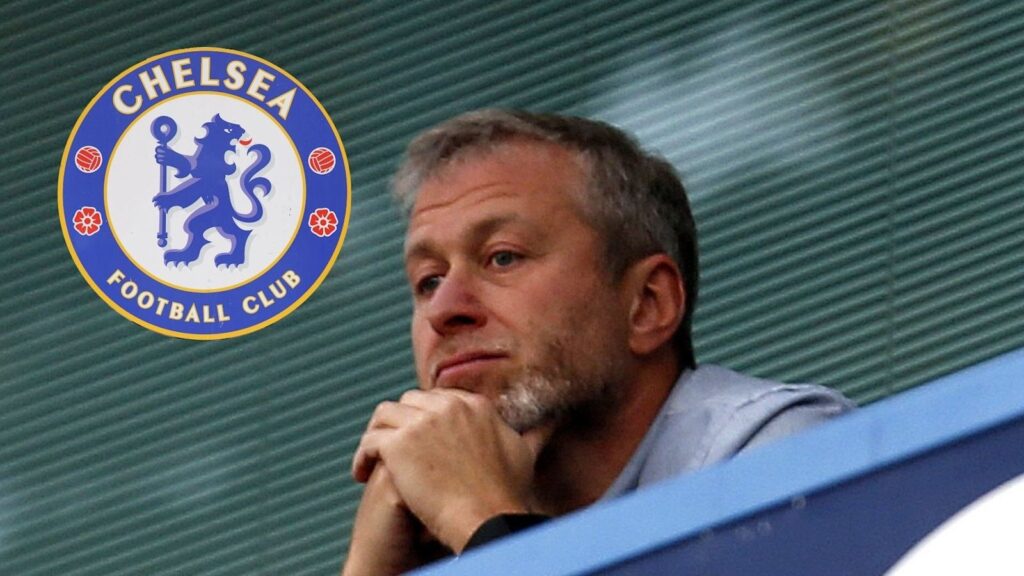LONDON — The British government has threatened to take legal action against Russian billionaire Roman Abramovich over £2.5 billion ($3.4 billion) in frozen proceeds from the 2022 sale of Chelsea Football Club, warning that the funds must be used exclusively for humanitarian aid in Ukraine.

Abramovich, sanctioned by the UK following Russia’s invasion of Ukraine, initially expressed his desire for the sale proceeds to assist victims of the war. However, London and the former Chelsea owner remain at odds over how the money should be allocated. While the UK insists the funds be spent solely inside Ukraine, Abramovich has reportedly requested more flexibility, seeking to assist victims beyond Ukrainian borders.
In a rare joint statement issued Tuesday, British Finance Minister Rachel Reeves and Foreign Secretary David Lammy emphasized the government’s growing frustration with the stalemate and its readiness to escalate the matter.
“The government is determined to see the proceeds from the sale of Chelsea Football Club reach humanitarian causes in Ukraine, following Russia’s illegal full-scale invasion,” the statement read. “We are deeply frustrated that it has not been possible to reach agreement on this with Mr Abramovich so far.”
Reeves and Lammy said the UK remained open to negotiations but was “fully prepared to pursue this through the courts if required.”
The threat marks a significant escalation in the dispute over the fate of one of the largest frozen assets linked to a Russian oligarch since the war began. A lawyer representing Abramovich in Britain did not immediately respond to a request for comment.
Abramovich was among several high-profile Russian figures sanctioned by the UK in the wake of Moscow’s February 2022 invasion of Ukraine. Those sanctions triggered an urgent sale of Chelsea FC, which was completed in May 2022 to a consortium led by U.S. businessman Todd Boehly and private equity firm Clearlake Capital.
While Abramovich publicly vowed not to profit from the sale, the proceeds — totaling £2.5 billion — remain frozen in a British bank account and cannot be disbursed without a license from the Office of Financial Sanctions Implementation (OFSI), part of the UK Treasury tasked with enforcing sanctions.
Reuters reported in March that British officials were considering legal avenues to unlock the funds, frustrated by the lack of a resolution nearly two years after the sale was finalized.
The UK has taken a hardline stance alongside European allies in pushing for Russia to bear the financial burden of the destruction it has caused in Ukraine. British ministers argue that redirecting the Chelsea sale proceeds to Ukrainian humanitarian relief aligns with that principle.
Although Abramovich has supported allocating the funds to victims of the war, sources familiar with the negotiations say he has pushed for broader distribution to include those affected outside Ukraine — a condition that London has firmly opposed.
The dispute has become a symbolic test case in the West’s effort to repurpose frozen Russian assets for Ukraine’s recovery. While some officials across Europe and the U.S. have advocated seizing such assets outright, legal and diplomatic complexities have slowed those efforts.
As the war in Ukraine continues into its third year, pressure is mounting to unlock frozen Russian wealth for reconstruction efforts. Britain’s ultimatum to Abramovich underscores its commitment to ensuring that these assets do not return to sanctioned individuals — and that they serve a clear humanitarian purpose.



